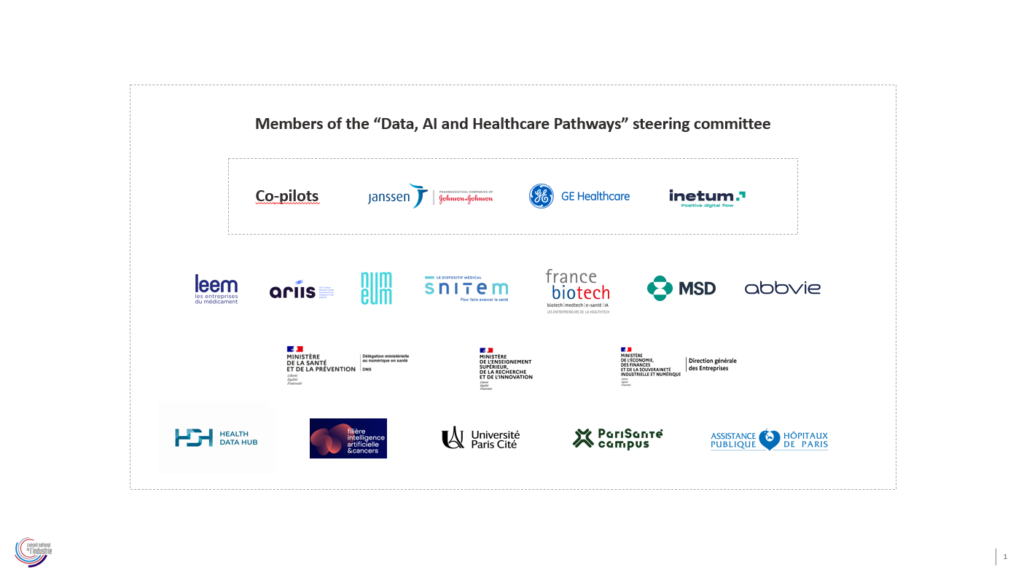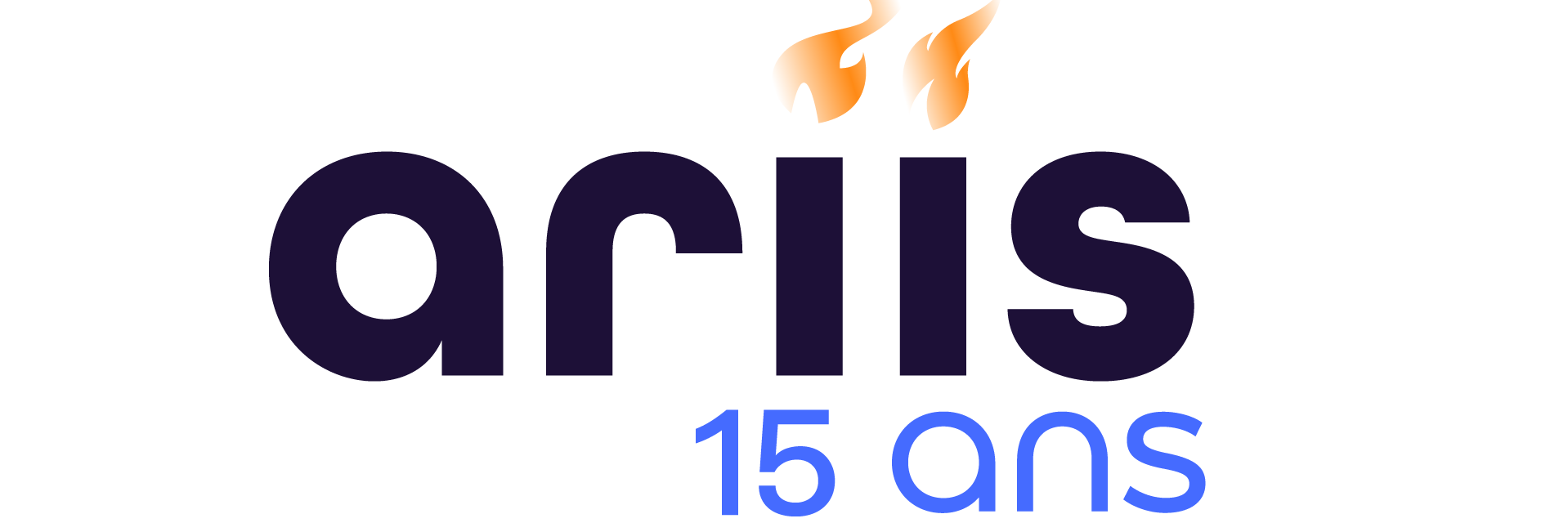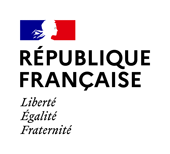- AI & Health program
Strategic Committee for the Healthcare Industry and Technology Sector
The objective of this call is to identify and support projects proposing disruptive innovations based on the use of health data to improve healthcare pathways, bring together stakeholders in the field (health, digital, public, etc.), and federate and structure the AI and Health sector.
Description
In recent years, the Government has made supporting companies in the healthcare sector one of its priorities. As part of the France 2030 investment plan, €7.5 billion is mobilized for the healthcare sector through the Health Innovation 2030 plan.
This new project “Data, AI, and Healthcare Pathways” complements ongoing government initiatives and the “AI and Health” program of the Strategic Committee for the Healthcare Industry and Technology Sector (CSF-ITS). It is led by a collective of private actors (pharmaceutical companies, medical device manufacturers, digital health companies, professional syndicates) and public health institutions.
The winning projects will benefit from a personalized support program by the CSF-ITS for one year to accelerate their deployment and to leverage the expertise provided by the public/private members leading the initiative.
AI & Health program
The five selected award-winning projects
Following the examination of applications by a committee composed of representatives from healthcare industries, leading public institutions, medical experts, and patient associations, 5 projects have been selected: Astrid, UroPredict, CardioToxIMT, Sopkia, and DermatologIA.
Astrid: Artificial intelligence serving patients with chronic inflammatory joint diseases.
The Astrid project aims to develop and make available to French clinical centers a tool for interpreting MRI scans of the spine and pelvis for early diagnosis and prediction of treatment responses in axial and peripheral spondyloarthritis.
Stakeholders involved to date: AP-HP, AP-HM, University Hospital of Brest, University Hospital of Montpellier, DEEMEA.
UroPredict: Quantifying the risk of tumor upstaging and the risk of relapse after surgery for kidney cancer.
UroCCR is the French research network on kidney cancer, accredited by the National Cancer Institute. It brings together 41 establishments sharing clinical, biological, and radiological data of their patients throughout their care journey. A collaboration between the University Hospital of Bordeaux and SOPHiA GENETICS has allowed, using the network’s rich database, which currently includes over 14,700 records, the development and validation of artificial intelligence algorithms to quantify the risk of tumor upstaging and the risk of relapse after surgery. The project’s objective is to implement and deploy these algorithms within the network for clinical research purposes.
Stakeholders involved to date: SOPHiA GENETICS, University Hospital of Bordeaux.
CardioToxIMT: Assessing the risks of cardiac toxicity in immunotherapy care pathways.
Immunotherapies, a major innovation transforming the treatment and management of patients for many cancers, are responsible for significant adverse effects. In particular, cardiac toxicities can lead to treatment discontinuation and become the primary concern for patients. The project’s objective is to define measures of cardiotoxicity and characterize predictive or prognostic markers based on real-world data to optimize the pathway for each patient by considering this individual cardiac risk in the care pathway.
Stakeholders involved to date: MEDEXPRIM, Institut Mutualiste Montsouris (IMM).
Sopkia: Improving the care pathway for patients with polycystic ovary syndrome (PCOS) (prevention, screening, personalization of therapeutic strategies, etc.).
Polycystic ovary syndrome (PCOS) is the most common endocrine disorder in women of childbearing age, and it is also the leading cause of female infertility. Without curative treatment, this chronic condition affects approximately 2 million women in France and significantly impairs their quality of life. The project’s objective is to identify, characterize, and quantify diagnostic and therapeutic missteps, as well as the challenges of therapeutic adherence for patients. The ambition is to propose technological solutions and organizational improvements to serve this currently complex care pathway, which is described as fragmented and erratic for patients.
Stakeholders involved to date: SOLENCE, PCOS Europe patient association, partnerships with university hospitals currently under discussion.
DermatologIA: Integrating AI into Dermatological Consultations and Teledermatology
Skin diseases are on the rise, and their diagnosis is a major concern, especially for certain aggressive cancers. General practitioners and healthcare professionals need assistance in better identifying and referring cases. Dermatologists are in short supply, and waiting times are substantial. Integrating AI into primary care consultations will enable healthcare professionals to better meet patients’ needs and provide more qualified referrals to dermatologists. The project’s objective is to streamline the dermatological care pathway to improve access, promote innovation, contribute to training, and thus enhance individual and collective health. Patients will be seen more quickly and in greater numbers to reach or exceed the European average.
Stakeholders involved to date: TORUS AI, South Toulouse CPTS, Occitanie CPTS, University Hospital of St Etienne: Prof JL Perrot, France Asso Santé Occitanie.
The “Data, AI, and Healthcare Pathways” initiative of the CSF-ITS is co-led by three representatives from the healthcare industry, namely Janssen for pharmaceutical laboratories, GE Healthcare for medical device manufacturers, and Inetum for digital health companies. An extended steering committee, composed of representatives from the healthcare industry and public health institutions, has been established:





